Plan info
The Apostles’ Creed: The ChurchSample
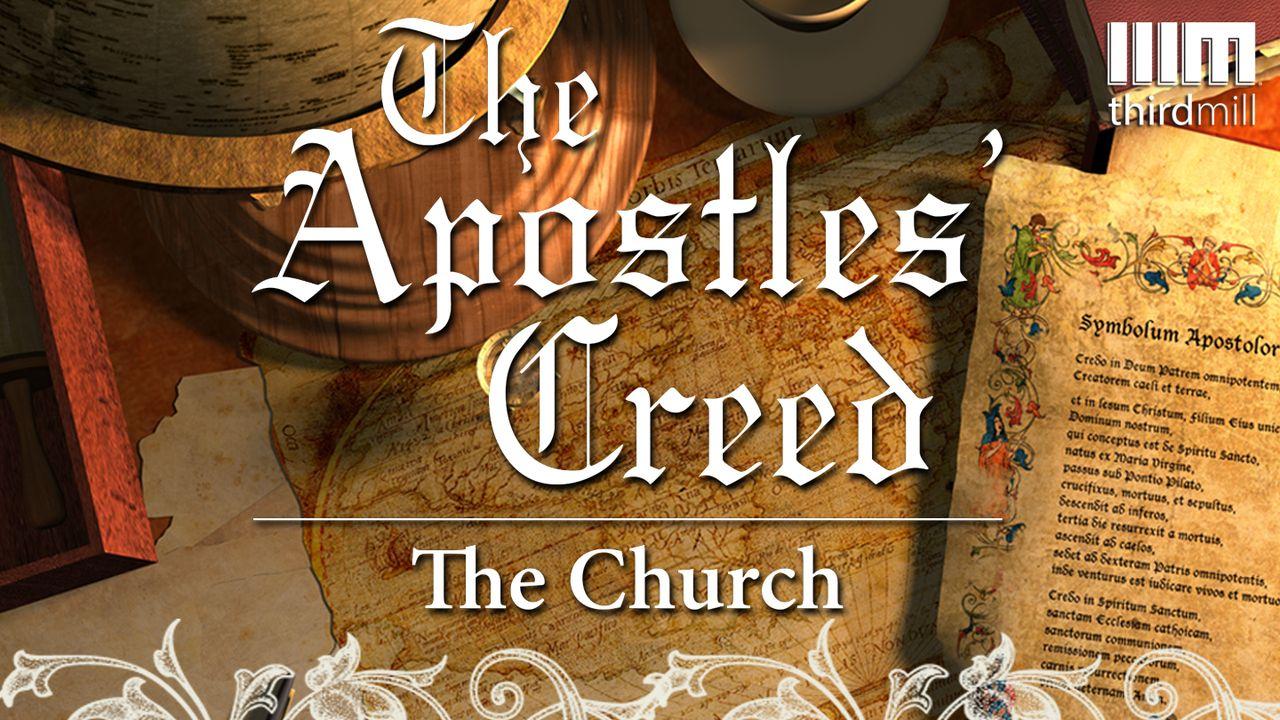
“Catholic” Definition: 1 Corinthians 1:2
The word catholic means: universal; or including all Christians in all congregations. The word “catholic” translates the Latin word catholicus , which in turn derives from the Greek preposition kata and the adjective holos , meaning “whole” or “complete.” It’s not a reference to the Roman Catholic Church. Rather, it’s a description of the unity that exists between all churches that faithfully follow Christ.
The form of the Apostles’ Creed we have today developed from early baptismal creeds. At the time these early creeds were written, the various Christian churches around the world had not yet come together under a single, overarching church government. So, when the Apostles’ Creed speaks of the catholicity of the church, it does not have in mind an organization of all Christian congregations. Rather, it’s talking about the unity of the Holy Spirit that exists between all legitimate Christian churches, despite our organizational differences. At this stage in history, the word “catholic” was inclusive. It was meant to extend the name “church” to every Christian congregation.
This idea was in keeping with Paul’s teaching in 1 Corinthians 1:2, where he addressed his letter in this way:
> To the church of God in Corinth, to those sanctified in Christ Jesus and called to be holy, together with all those everywhere who call on the name of our Lord Jesus Christ — their Lord and ours ... (1 Corinthians 1:2).
Here, Paul indicated that the various Christian congregations in Corinth, which he referred to collectively as “the church ... in Corinth,” were part of a larger church that included all who called on the name of Christ, regardless of where they lived.
In the middle of the third century, Cyprian of Carthage began to emphasize the role of bishops or priests in defining the church. In his Epistle 68 , he had this to say:
They are the Church who are a people united to the priest ... [T]he Church, which is Catholic and one, is not cut nor divided, but is indeed connected and bound together by the cement of priests who cohere with one another.
For Cyprian, the church’s unity was rooted in the unity of the clergy and its ministry. As this view began to grow, Christians also began to affirm the unity of the church in its unity of government. The church was a single organization that was present everywhere throughout the world because its bishops and priests were present throughout the world.
Even at this point, though, the word “catholic” was intended to be inclusive, encompassing all people and congregations that were called by the name of Christ and that were faithful to the traditional doctrines of the church.
Scripture
About this Plan

This reading plan looks at the divine sanction of the church, and at the facts that the church is holy, catholic or universal, and a communion.
Related plans
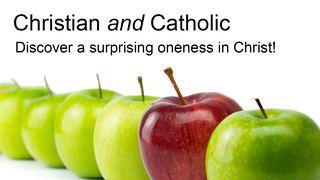
Christian and Catholic!
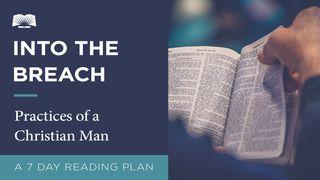
Into The Breach – Practices Of A Christian Man
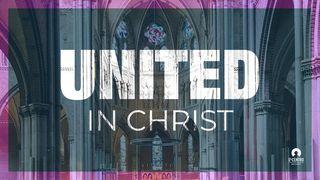
United in Christ
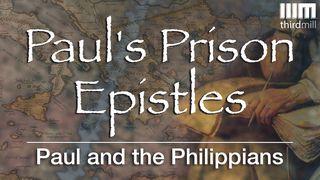
Paul's Prison Epistles: Paul And The Philippians

Bright Lights, Big City

Moses: A 3-Day Journey From Bondage to Promise

Why Christians Believe Christianity to Be True: A 24-Day Video Bible Study

How to Be a Redemptive Change Agent

6 Devotions to Keep Moving When Failure Stops You
